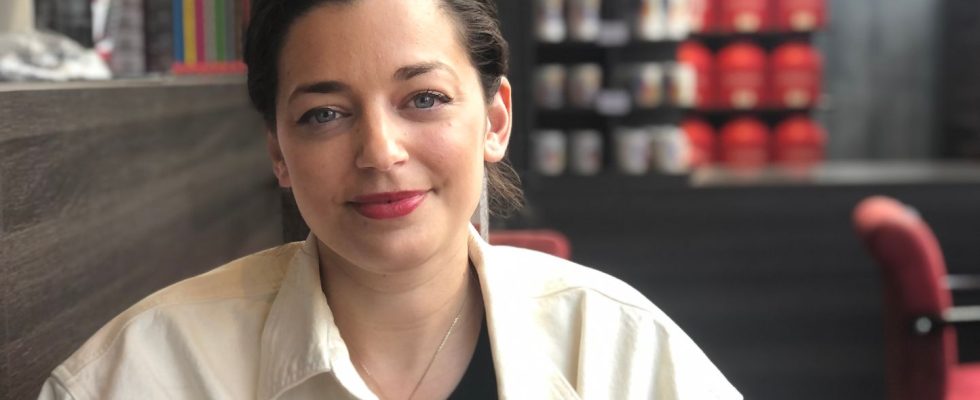Sometimes all it takes is a TV show to generate a fascination or trigger a vocation. When she was “little”, Marine Bou readily admits, she never missed an episode of “Bring in the Accused”. A shared family meeting with his parents. “I still remember the Jourdain brothers affair,” she says, widening her big blue eyes. The details, the harshness of the story left an impression on me.”
Today, the 33-year-old has become a YouTube investigator, even if she prefers the term “relay”. Content creator, she has managed, since 2021, the channel “Marine B.”, followed by nearly 54,000 subscribers. Inspired by Quebecer Victoria Charlton, she dissects well-known cases. But not only. His credo: publicize disappearances that no one talks about or barely talks about. “It’s taking advantage of true crime to help families,” she sums up when talking about her activities. A full-time job, far from his first activities.
“Move the files forward”
Born in Annecy, raised in Gabon then in Nigeria, Marine Bou dreamed, as a child, of becoming a paleontologist. She finally joined a biotechnology engineering school before turning to cancer research. The common denominator remains “research”, she notes with a smile. Today, she devotes 60% of her time to the ARPD (Association for the Search for Missing Persons, of which she is vice-president) and 40% to her YouTube channel which allows her to earn modestly thanks to “product placements and the number of views”.
However, there is no question of “encroaching on the investigators’ borders,” she reassures. The objective is to “move files forward or relaunch them when they are at a standstill”. To do this, Marine does not hesitate to cross France to meet loved ones, listen to them, scrutinize the photos, note the smallest detail.
“Sometimes, we discover little things that did not appear in the files and on which the investigators had not focused,” she explains. His work involves the “trust” established with families who “always have a right to review the videos before they are posted online”. Researching information, scripts, interviews, filming, editing… each publication requires on average a week of work. “Sometimes, we don’t get any feedback but very often, they turn out to be valuable,” explains Marine Bou.
“This shows the power of the Internet”
Through this, the young woman has already received help from her followers to translate foreign videos, in a disappearance case in India. Or launch a citizen’s hunt in Normandy, on a place that she had identified. “On seeing this publication, the police took matters into their own hands, deploying new searches in the planned area, which made it possible to find the body of the person they were looking for,” she explains. Other times, this involves a call for anonymous witnesses: “We have names that emerge and that we had seen in the file. The tracks can overlap.” “This is where we measure the power of the Internet,” she summarizes.
However, resolutions remain rare. “We have never yet found people thanks to the videos,” confesses Marine. But it makes things happen. » And to give new marbles to the investigators. She solved a case. His very first. A marginal father had vanished from Lyon after his divorce. Without “even moving”, by scanning social networks and cross-checking leads through phone calls, the young woman located him in the south of France. “Beginner’s luck,” she responds modestly. “He didn’t think his loved ones were worried. They were then able to reconnect. » “The great reward is the emails sent by families to thank me,” she continues. And to conclude: “It restores energy. »

